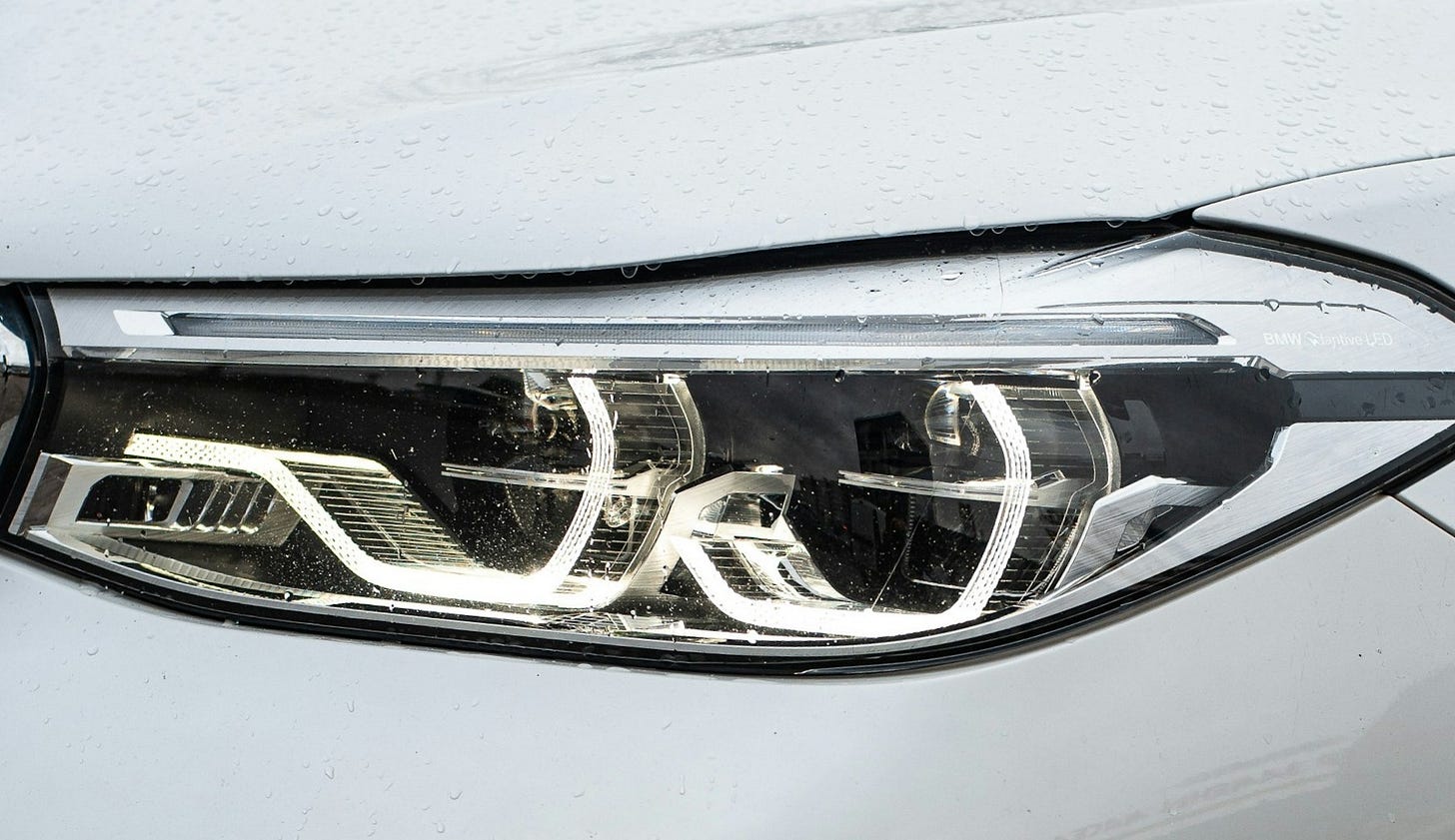How Many Canadians Own a Car?
It’s hard to come across someone who hasn’t owned a car in Canada. They’re integral to many Canadians’ daily lives.
Cars also hold a special place in Canadian culture, especially when it comes to recreation. Road trips are a beloved tradition, with Canadians enjoying the country's stunning scenic drives, from national parks to coastal routes.
Car ownership in Canada is both widespread and varied, reflecting the country’s diverse regions and lifestyles. According to recent studies, nearly 84% of Canadian households have access to at least one vehicle. In 2022, there were 26.3 million registered road motor vehicles in Canada.
Provinces like Alberta and Saskatchewan, with their vast rural landscapes and limited public transportation, have some of the highest rates of car ownership. In contrast, city centers like Toronto and Vancouver, where public transit systems offer viable alternatives, tend to have slightly lower car ownership rates.
The divide between city and rural Canada is stark when it comes to car ownership. In rural areas, owning a car is often non-negotiable because there’s limited access to public transportation. For many living in smaller communities, a car is the only practical way to reach workplaces, schools, and essential services.
On the other hand, cities like Toronto, Montreal, and Vancouver offer extensive public transit networks and walkable neighborhoods, reducing the need for personal vehicles.
Economic conditions are another major determinant of car ownership in Canada. For middle- and high-income households, owning one or more vehicles is often a matter of convenience. After all, what else is a drive way used for?
However, for lower-income families, the cost of purchasing, insuring, and maintaining a car can be a significant barrier. Rising fuel prices and inflation have further compounded these challenges, making car ownership increasingly expensive. Yet, many are still willing to pay for owning a car.

For many Canadians, the used car market offers a more accessible route to vehicle ownership. On average, a new car costs $67,259 whereas a used car will cost $36,863. The latter still represents a substantial investment for many households.
However, used cars are often more affordable due to financing options, competitive dealer pricing, and a competitive private resale market. Additionally, the availability of certified pre-owned vehicles provides buyers with options.
Demographics also play a significant role in shaping car ownership patterns across Canada. Younger Canadians, particularly those in their 20s and early 30s, are less likely to own cars compared to older generations. In fact, 20% of 15-24-year-olds and 16% of 25-34-year-olds use public transit.
Similarly, a report found 56% of young millennials are less likely to buy or lease a car due to inflation, compared to 46% of the general population. This trend is influenced by factors such as student debt, city living preferences, and the growing popularity of car-sharing and ride-hailing services.
Meanwhile, families often prioritize owning at least one vehicle to accommodate their transportation needs, from school runs to weekend activities. Additionally, cultural background can also affect car ownership, with some immigrant communities placing a higher value on owning a vehicle as a symbol of financial success and independence.
Environmental awareness is increasingly shaping car ownership trends in Canada. For example, by 2030, about $11.7 billion in fuel savings can be achieved if all new cars and SUVs, and 75-80% of all new trucks sold in Canada are electric.
The government has introduced incentives such as rebates and tax credits making eco-friendly options more accessible. Additionally, many city Canadians are choosing alternative modes of transportation, such as cycling or using public transit, to reduce their carbon footprint. Over 811,000 Canadians commuted by walking or cycling in 2021.
Several provinces, including British Columbia and Quebec, offer substantial incentives for purchasing electric cars, which has made them more appealing to environmentally conscious buyers. British Columbia owns 16% of Canada’s EV sales while Quebec owns 14%.
Furthermore, EV sales grew at a staggering annual rate of 46 per cent, increasing over eightfold between 2017 and 2023. In addition, the growing availability of public charging stations is making EVs more practical for everyday use, even in regions outside major city centers. This shift towards sustainable transportation, driven by both personal values and government policy, is expected to further influence car ownership patterns in Canada.
The Canadian government has a page outlining EV benefits.
Public transportation alternatives play a critical role in reducing car dependency in Canada, particularly in large city centers. Cities like Toronto, Montreal, and Vancouver have extensive public transit systems that provide convenient, cost-effective options for commuting.
These systems, which include buses, subways, and sky trains, make it easier for city dwellers to forgo car ownership without sacrificing mobility. The growing popularity of bike-sharing programs and pedestrian-friendly infrastructure also contributes to this shift, allowing residents to move around the city more sustainably.
Technology plays an increasingly significant role in reshaping car ownership in Canada, particularly through the rise of car-sharing and ride-hailing services. Companies like Uber, Lyft, and Evo have created convenient alternatives to traditional car ownership, offering flexibility and reducing the need for a personal vehicle.
For example, Uber first launched in Canada in 2012. Today, the Uber apps are accessible to 19 million Canadians across 140 municipalities, with tens of thousands of drivers and delivery people regularly using Uber and Uber Eats.

The development of autonomous vehicles holds the potential to further disrupt car ownership trends. As self-driving technology advances, it could offer more affordable and convenient transportation options. For this to happen the Federal Government will need to introduce legislation to legalize autonomous cars.
Paying for a car can be a lot. The expenses include insurance, maintenance, fuel, and repairs. For many, these costs represent a significant portion of their monthly budget. In fact, recent reports state it can cost up to $1,300 a month just to own a car, depending on the car model and usage. This financial burden has prompted some Canadians to reconsider car ownership, particularly in city centers where the costs of living have skyrocketed.
Car ownership in Canada is shaped by economic factors, geographic location, demographic trends, and shifting societal values. While owning a vehicle remains essential for many, there are great alternatives such as public transportation, car-sharing, and ride-hailing services.
The rise of environmentally conscious consumers and the growing affordability of used cars also influence car ownership patterns, as more Canadians seek ways to balance practicality with sustainability. As technology evolves and city infrastructure expands, the landscape of car ownership in Canada will continue to evolve.



